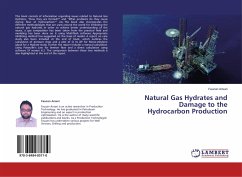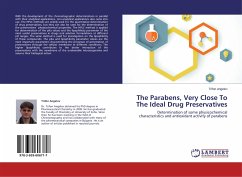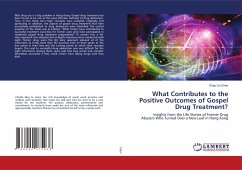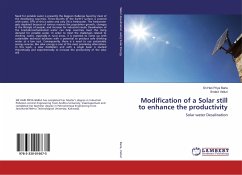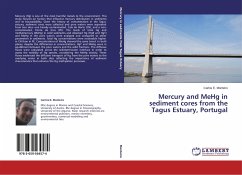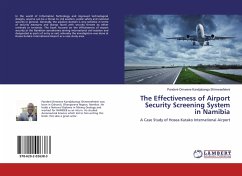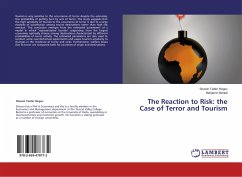
The Reaction to Risk: the Case of Terror and Tourism
Versandkostenfrei!
Versandfertig in 6-10 Tagen
27,99 €
inkl. MwSt.

PAYBACK Punkte
14 °P sammeln!
Tourism is very sensitive to the occurrence of terror despite the extremely low probability of getting hurt by acts of terror. The study suggests that the high sensitivity of tourists to the occurrence of terror is due to a large elasticity of substitution among tourist destinations rather than high risk aversion. This conclusion emerges from the estimated parameters of a model in which "representative tourists" originating from the largest economies optimally choose among destinations characterized by different probabilities of terror activity. The estimated parameters are also used to conduc...
Tourism is very sensitive to the occurrence of terror despite the extremely low probability of getting hurt by acts of terror. The study suggests that the high sensitivity of tourists to the occurrence of terror is due to a large elasticity of substitution among tourist destinations rather than high risk aversion. This conclusion emerges from the estimated parameters of a model in which "representative tourists" originating from the largest economies optimally choose among destinations characterized by different probabilities of terror activity. The estimated parameters are also used to conduct some counterfactual experiments and assess tourism sensitivity to changes in the incidence of terror and costs. Furthermore, welfare losses due to terror are computed both for countries of origin and destinations.



